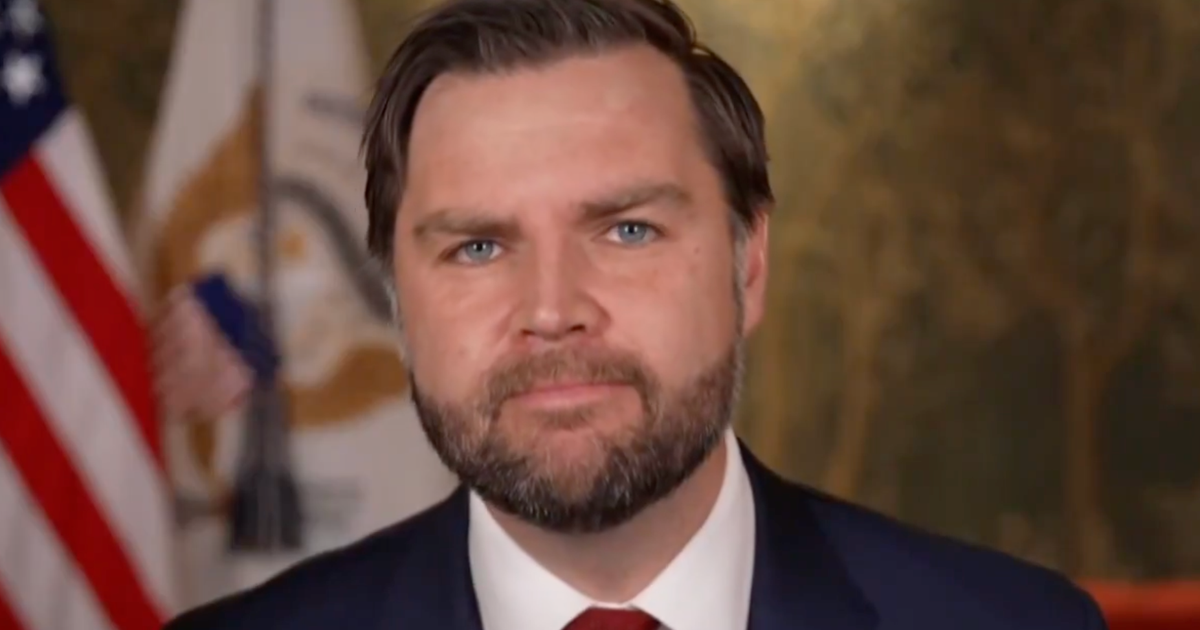
The value of transparency in political discourse cannot be overstated. As citizens, we are tasked with holding our leaders accountable, and one of the most effective tools at our disposal is access to transcripts of important political discussions.
The long-standing program, “Face the Nation,” has made its transcripts available online for over a decade, offering a treasure trove of insights into the minds and motivations of those who govern us. From Vice Presidents to Senators and Representatives, the program provides a platform for diverse voices, reflecting a range of opinions that can illuminate the complexities of our political landscape.
Take, for example, the recent discussion on October 12, 2025, that featured Vice President JD Vance alongside Senators Chris Murphy and Tammy Duckworth, among others. These discussions are not just mere dialogues; they serve as a barometer of the political climate and a critical examination of policies affecting our lives.
The inclusion of leaders from various backgrounds, including Democrat Jim Himes and Egyptian Foreign Minister Badr Abdelatty, illustrates the program’s commitment to showcasing the interconnectedness of global and domestic policy. This is especially vital in an era where issues like immigration, healthcare, and economic disparity are intertwined with international affairs.
The transcripts are a crucial resource for those who seek to understand the nuances behind policy-making. They expose the often nebulous language used by politicians, encouraging us to dissect their words and demand clarity on their implications for marginalized communities. By reading these conversations, we can better grasp the systemic inequities that persist and challenge the status quo.
Moreover, the transparency offered by “Face the Nation” empowers citizens. By making these discussions accessible, the program invites the public to engage in critical thinking and informed debate. This is where the power of journalism intersects with the responsibility of citizenship: we must not only consume information but actively participate in the discourse that shapes our society.
As we look ahead, it’s imperative to advocate for greater access to such dialogues. The media’s role in fostering democratic engagement is more critical than ever. We must reject apathy and demand that our leaders speak candidly and authentically about their policies and intentions. The future of our democracy relies on a well-informed electorate that can challenge the narratives fed to us by those in power.
In conclusion, the transcripts from “Face the Nation” are not just records of past discussions; they are a call to action for all of us. They remind us that accountability starts with transparency, and that the fight for social justice, equality, and human rights is a continuous journey that demands our unwavering commitment. Let us seize this opportunity to hold our leaders accountable and ensure that the voices of the underrepresented are heard in the halls of power. We must continue to push for transparency in political discourse, for it is only through informed engagement that we can dismantle the systems of inequity that persist in our society.


